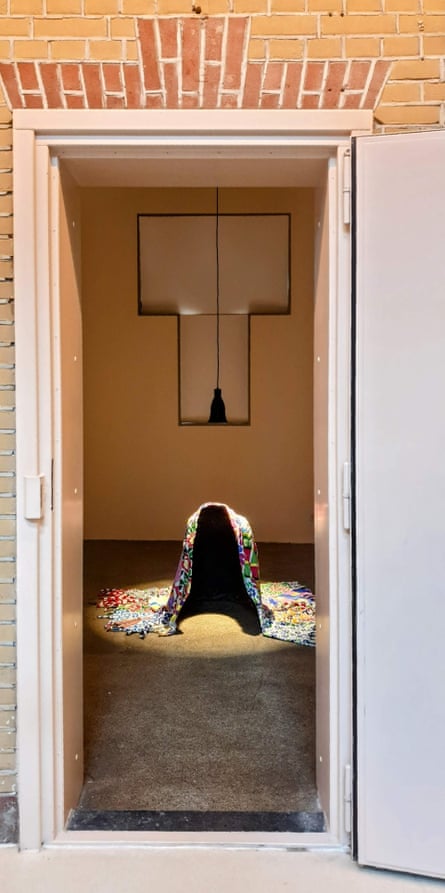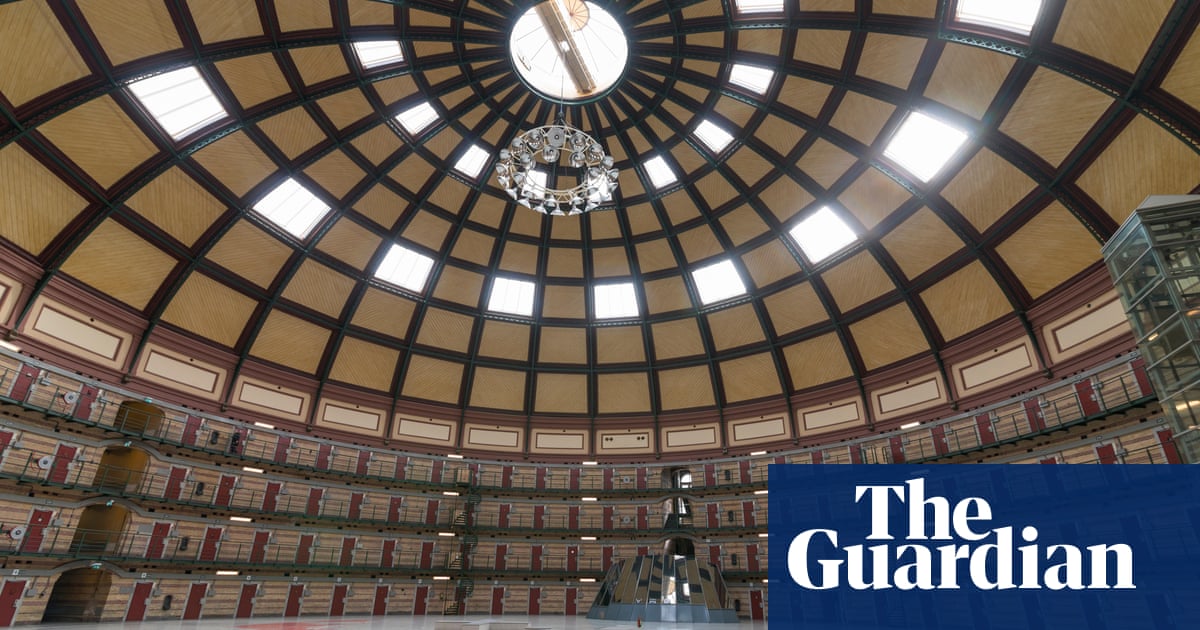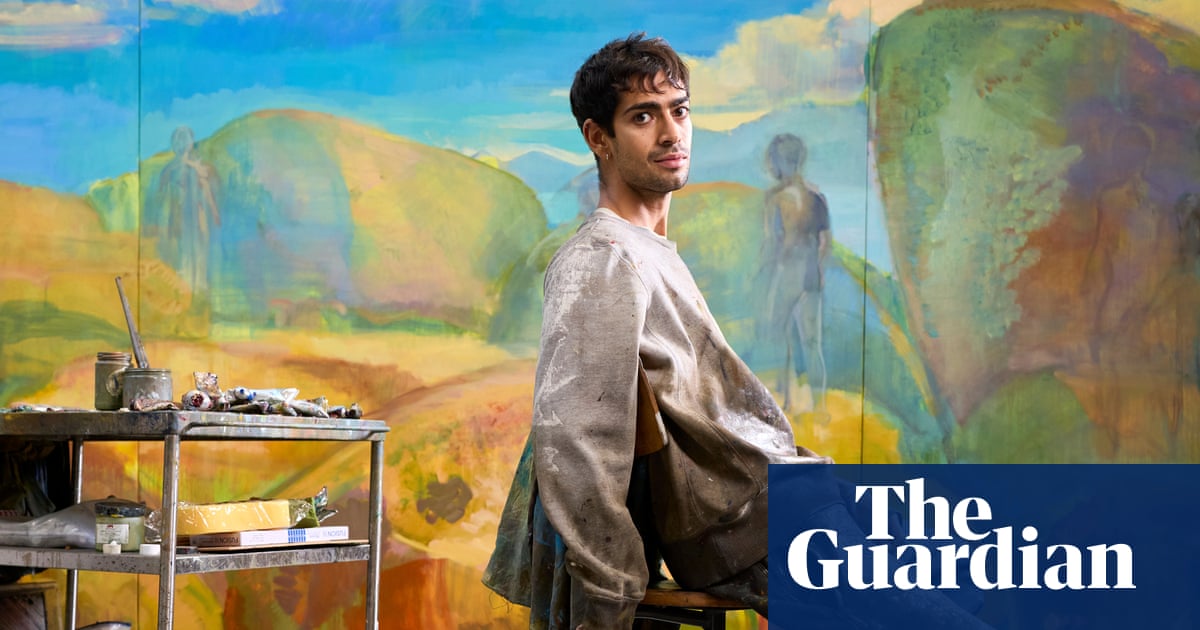Summary:
Koepelgevangenis transformed from a prison to a vibrant arts hub in Haarlem.
Community-led initiative opened the dome to the public in 2022.
The interior features café, podcast studio, and art school ateliers.
The panopticon design has a dark history, critiqued for psychological surveillance.
Future plans for Arnhem and Breda panopticons include cultural spaces.
The Architectural Marvels of Haarlem
One of the most striking features of Haarlem's skyline is the 37.6m-high dome of the Koepelgevangenis (dome prison), formerly a prison from 1899 to 2016. Initially designed to instill fear, this architectural wonder is now being reborn as a creative arts hub.
A Grassroots Initiative
Opened as a cultural center in 2022, the Koepel's transformation was spearheaded by the local community. Co-founder Jacqueline van de Sande states, "So many of us Haarlemers had been biking around the dome for years, but no one could go in. We needed to open it up."
Inside the Dome
Upon entering, visitors are greeted by a vast open space, illuminated by sunlight filtering through the 16 original skylight windows. The building now hosts a café, rented former cells, a podcast studio, art school ateliers, and even a cinema bar, all contributing to a vibrant atmosphere.

The Dark History of Panopticon Design
The panopticon design, first envisioned by Jeremy Bentham in the 1700s, aimed to create a sense of surveillance among prisoners. This concept has been criticized over the years for its inherent psychological terror, as noted by Michel Foucault who described it as a "laboratory of power."
A New Life for the Koepel
After its closure, the Koepel briefly housed Syrian refugees before its transformation began. With the support of the Haarlem municipality, a €25m renovation project was initiated, which included adding windows and upgrading heating systems, significantly reducing costs.
Future Plans for Other Panopticons
The success of the Koepel inspired plans for the Arnhem and Breda panopticons, which aim to create multi-functional spaces and cultural exhibitions. As Bas van Dam from Being states, "There’s an obligation to give new life to places like this."
Cultural and Historical Significance
While the new arts hub provides job opportunities and attracts visitors, it also preserves the historical significance of the site. One exhibit highlights Hannie Schaft, a female resistance fighter executed during WWII, ensuring that the building's past is not forgotten.

A Bright Future
The Koepel now welcomes up to 1,500 visitors daily and aims to remain an accessible cultural space, prioritizing cultural value over commercial profit. As van Dam puts it, "You won’t want to leave."









Comments
Join Our Community
Create an account to share your thoughts, engage with others, and be part of our growing community.